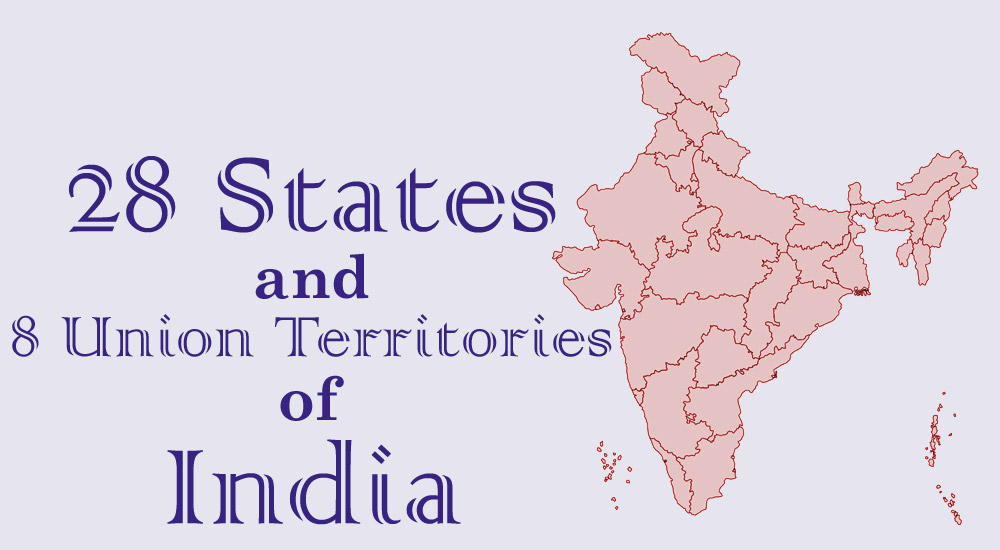You should know why personal interest are important in choosing career if you really want to enjoy a larger part of your life. Success, happiness and job satisfaction are only few of those elements that keep you inspired throughout in your professional life.

You’re not alone if you have regrets about your career choice. Many people chase the so-called ‘prestigious’ careers – civil services, medicine, engineering and law being some of the more prominent ones with high social approval, just because these are rated high by the society and likely to bring in impressive pay package. A career choice made on the basis of ‘my parents want this’ or ‘my friends are opting this’ or ‘I will start liking it’ does not work. For your own good, you are far better off choosing a career in tune with on your individual interests.
Table of Contents
Why Personal Interest Are Important in Choosing Career
When you opt for a course you enjoy studying, you grasp concepts better, fear examinations less and score higher marks.
Interest based career making is essential because you will most probably follow that career for an entire lifetime. So why waste your time, resources, energy and indeed, your entire future learning and doing something that you do not enjoy doing!
Good for you if you know that the interest based career can change not just your professional life but also your personal life. When you opt for a course you enjoy studying, you grasp concepts better, fear examinations less and score higher marks. If you are not convinced yet, you can learn about some benefits of choosing a career of your choice and inspire yourself to elect the most obvious career for you making your professional life easier and rewarding in many ways.
You Enjoy Studying Your Subjects
The first step to a career is relevant education. Many students score higher in 12th with a few subjects than they did in 10th with many subjects. The most probable reason of this is one performs better in subjects one likes. You are likely to perform better at tasks you enjoy. So when you opt for a course you enjoy studying, you grasp concepts better, fear examinations less and score higher marks. And of course, retain what you learned.
You Love Your Job
When people opt for careers out of their interests’ range, they do not really enjoy their work. Whether it’s creating a perfect job or working for a company with purpose, it’s never been easier to find an enjoyable job. Feeling like square pegs in round holes, they do tasks mechanically, simply in order to earn a livelihood.
In contrast, those who enjoy their work have more enthusiasm for work and life. They keep themselves self-inspired and fuels their desire to perform better, work harder. Their eyes shine more, their laughter comes easier, they encourage their team mates and spend quality time at workplace.
You Are Less Conflicted
According to many researches (and all ancient wisdom) the root of all ills- physical, social or psychological – is conflict. When one is forced to do something he/she does not really like to do, internal and external conflicts arise. Either way, your quality of life and work suffers. Unresolved psychological conflicts also give rise to ailments (dis-ease i.e. not being at ease). So in order to enjoy better health and better interpersonal relations with those around you, choose a career as per your own interests.
Your Self Confidence Goes Up
When you know that you are good at whatever you are doing, you feel more secure about yourself. That in turn boosts your self confidence.
There is a well known criterion developed by Dr. John Holland that’s known as Holland’s Code. As per this widely applied and popular career theory, there are 6 kinds of personality types, and correspondingly there are 6 environment types. These are Realistic, Investigative, Artistic, Social, Enterprising and Conventional. It is believed that every person, every environment has a mix of all types in different ratios. It is the degree of predominance of some particular types that determines our interests.
The moot point is that when the personality and the environment match or when both are in congruence, a person does better in life overall. So when you make a career choice based on interests in line with your own personality, you find its corresponding environment and do better overall.
Success is Definite
Productivity, rewards and growth are key factors in a successful career. A disinterested professional is likely to have a dull career because as he will not be productive, the rewards and growth will also be very limited. On the other hand, when you enjoy what you do in a career that interests you, you feel more enthused, more motivated. That in turn leads to higher productivity and more peaks than plateaus in your career graph.
How to Find Your Career Interest
To accrue professional benefits, your interests have to be in tune with your abilities. So do take a realistic look at your abilities vis-à-vis your interests before zeroing on a corresponding career stream. As an old adage goes, you can’t make a silk purse out of a sow’s ear. So make your ‘mission career’ realistic, not impossible.
If confused, make a list of all that you enjoy doing, let’s call it an interest inventory. Derive your leads from that. No one has just one interest, just one hobby. Pay attention to your interest flexibility. Pinpoint the one that is your strong point and has corresponding career options. If you like to dance, but have jerky rather than graceful moves, there is no point aspiring to be a choreographer. In such a scenario, pick another interest and explore its options. If you like watching movies, and write well, a career as a film critic can work with due qualification gained.
Evaluate Yourself But Be Honest
You have to ask yourself, “What do I enjoy most doing, and how well do I do it?” Never fall in the trap of ‘I can learn to do anything if I set my heart on it.’ Personality traits, likes and dislikes never undergo major changes after an average age of 14. Everyone has some innate abilities, some underlying aptitude and some weak spots too. Potential can be enhanced but it cannot be generated. Just as you need to be wary of taking up something you do not enjoy doing, you also need to be equally wary of taking up something you enjoy doing but are no good at. A reasonably good voice with training can aspire to become a voice-over artist, but it is only an outstanding voice that can be a playback singer.
Having a clear idea about your own personal interests is one of the first steps in making a good career decision. So go ahead. Look inside to find what you like. And then look around you to locate matching career options. Pick one that’s most suitable and develop it into a useful career.
Other Useful Links
TheMuse.com: Benefits of Staying In A Job You Hate
CareerKey.org: Holland’s Theory of Career Choice and You
Forbes.com: When You’ve Made The Wrong Career Choice
UKEssays: Career Assessment – Benefits and Drawbacks




